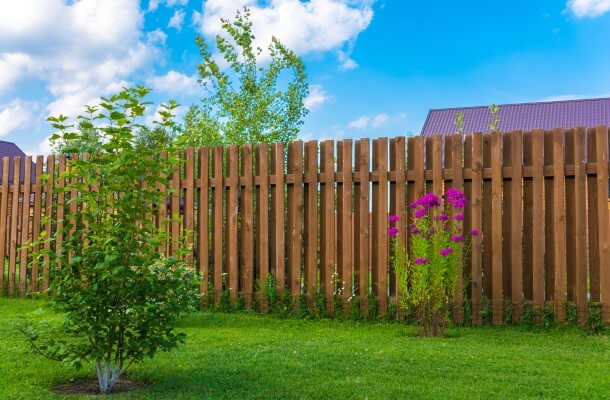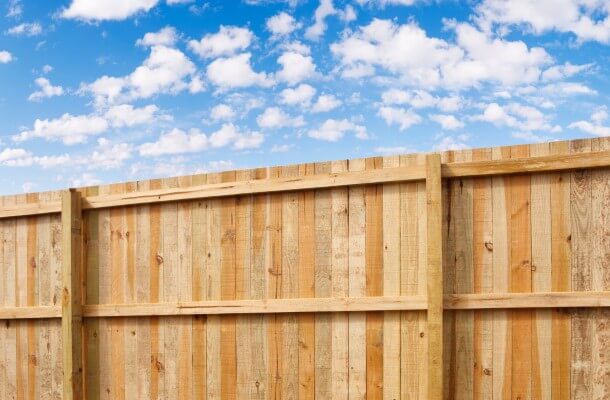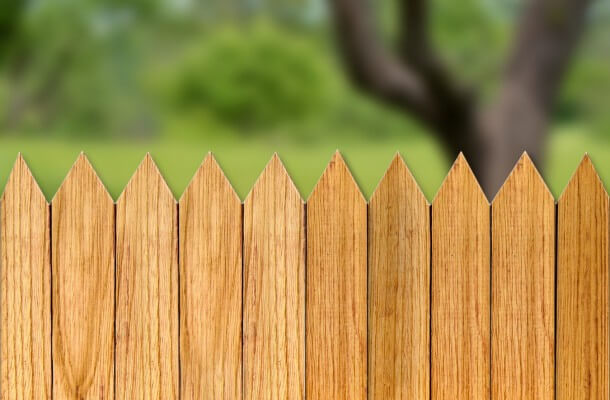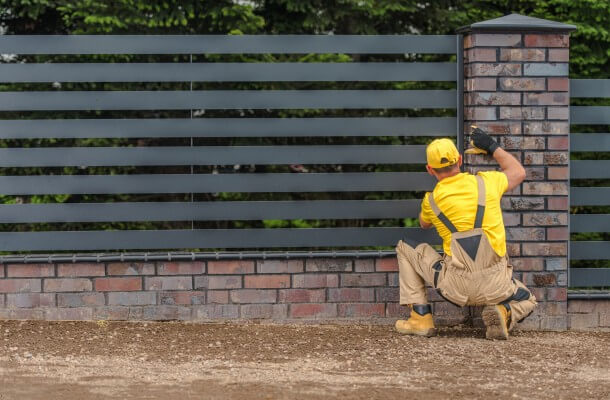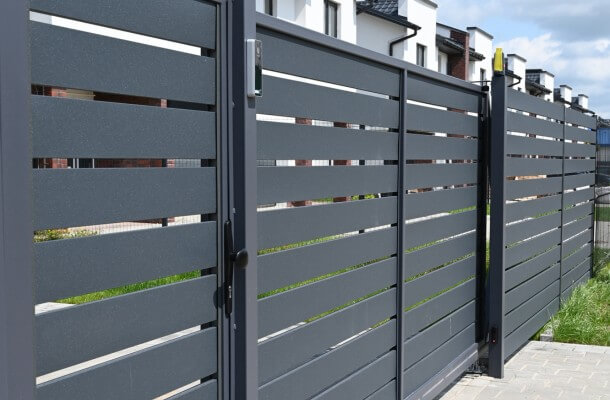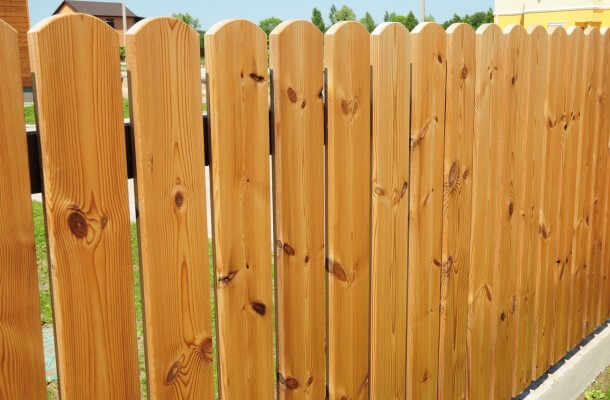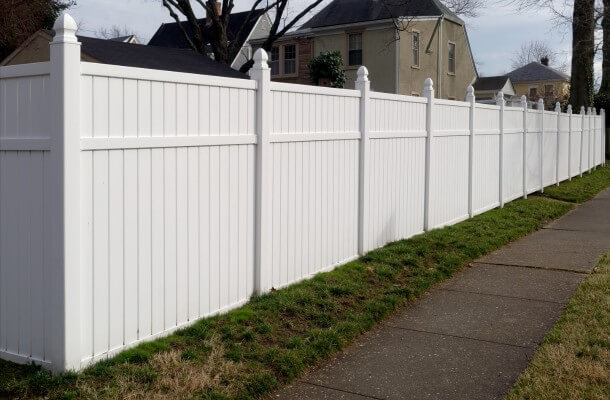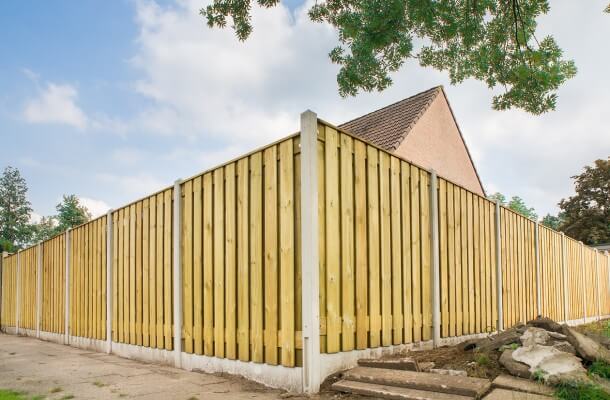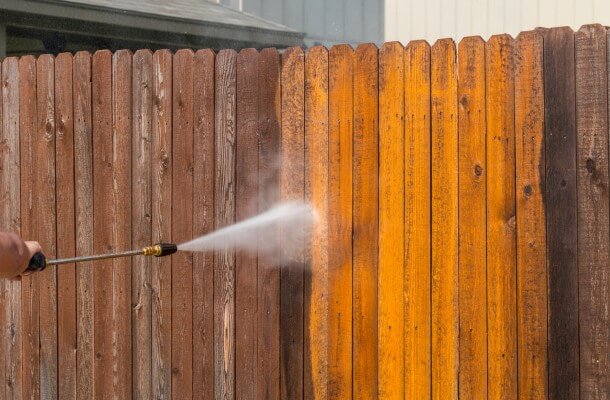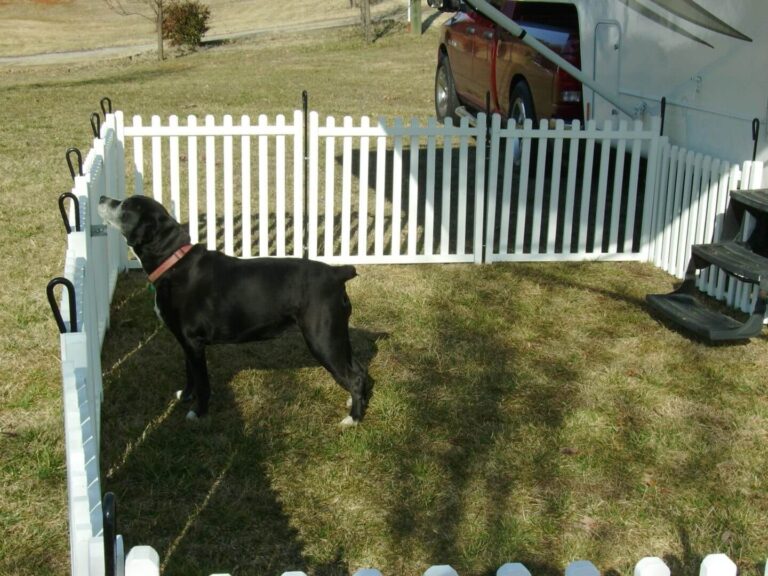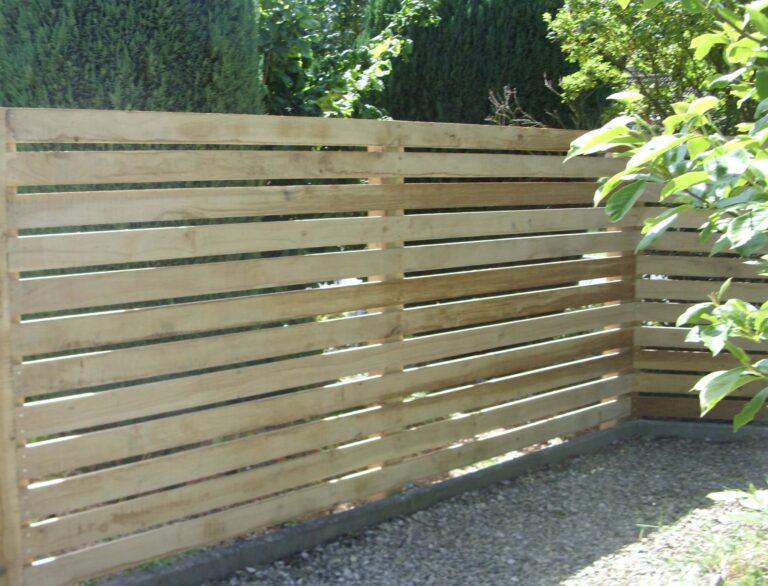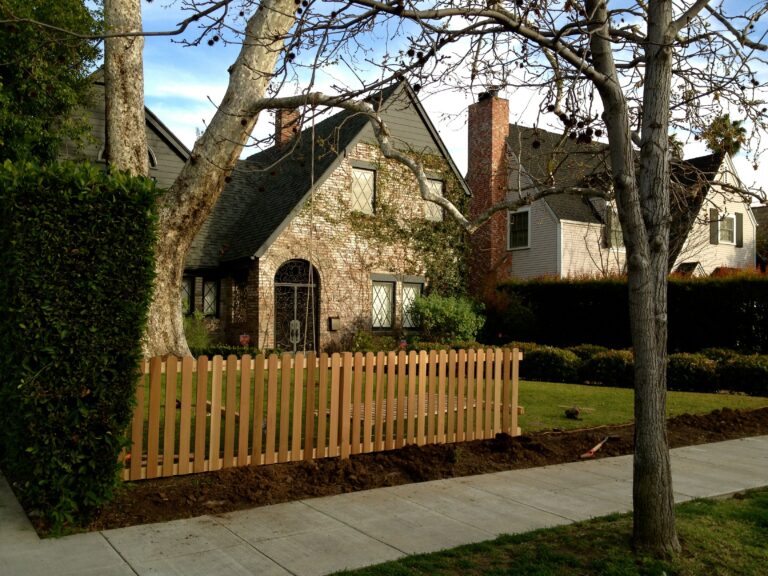#1 Farm and Agricultural Fencing Company in San Mateo, CA
Farm and Agricultural Fencing Near San Mateo, CA
Installing quality fencing is crucial for any farm or agricultural property in the your area. The right agricultural fencing helps keep your livestock contained and protected, deters trespassers, and creates clear boundaries on your land.
Our team at Fencing San Mateo has over 10 years of experience installing customized farm and agricultural fencing for properties of all sizes.
We understand the unique needs and challenges that come with fencing agricultural properties. Our farm fencing experts work closely with each customer to ensure your new fence meets both aesthetic preferences and functional requirements.
We use only the highest-quality fencing materials designed specifically for farm properties, including wood, vinyl, chain link, and wire fencing.
Our fences are crafted to withstand the demands of farm work and exposure to the elements. You can trust that any fence installed by our team will keep your farm or agricultural property secure for years to come.
Your animals will enjoy modern enclosures designed for their specific needs, like horse fencing with boarding that won’t snag manes and tails. For added protection, we can install electrified or barbed wire fencing.
We also build sturdy gates and cattle guards to manage access points. Our expert team handles the entire installation process, from surveying your property to determine layouts to putting up the finished fence.
We can accommodate any style or height requirements and make sure the new fences comply with relevant zoning laws.
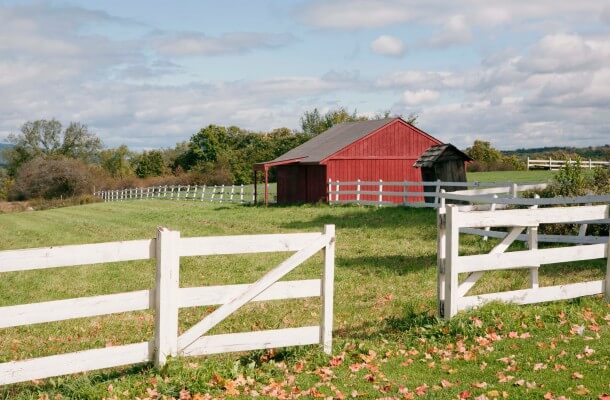
Process We Follow for Farm and Agricultural Fencing
Installing high-quality, customized farm fencing requires careful planning and execution. Here is an overview of our process when you hire us for your agricultural fencing project:
Initial Consultation
The first step is a meeting at your property to discuss your specific needs and goals for the new agricultural fencing. We’ll review the layout of your land and talk through considerations like:
- Fence purpose – keeping in livestock, deterring trespassers, establishing boundaries, etc.
- Types of animals the fence needs to contain or protect
- Total acreage to enclose
- Terrain qualities that may impact installation
- Zoning laws and permit requirements in your area
- Your aesthetic preferences
- Any existing fences to connect or build off of
With an understanding of your desired outcome, we can make expert recommendations on materials, fence styles, and placement options that suit your property and needs.
Site Survey
Next, our team will conduct a detailed site survey of your agricultural land. We take exact measurements of the perimeter to fence and map out terrain features, utilities, and any obstacles. This allows us to plan the optimal fencing layout and design. We’ll also note any specific challenges, like low spots that are prone to flooding.
Accurate surveying is crucial for estimating costs and materials requirements. We’ll provide you with a computer-generated layout showing the planned fence line placement for approval before moving to the next steps.
Materials Selection
Now it’s time to finalize the materials to build your custom farm fence with. Based on factors like budget, aesthetic preferences, and the needs of your particular property, we’ll help you select:
- Fence style – wood, vinyl, chain link, wire, electrified, etc.
- Height and width
- Post type and spacing
- Gates and other accessories like cattle guards
- Color choices if applicable
Our experts will ensure you get a fence made of strong materials that will endure your local climate and the demands of agricultural use for many years.
Permitting
For some agricultural fencing projects, we’ll need to obtain permits from your local zoning office before installation begins. We’re very familiar with permit requirements and can handle all the necessary paperwork and applications. This helps ensure your new fence complies with laws and codes.
Precise Installation
Now the real construction process starts! With all details finalized, our professional fencing crew gets to work installing your new farm fence. We take care to minimize disturbance to any of your existing structures, plants or animals on the property. You can count on a clean job site each day.
We’ll begin by marking the planned fencing line with stakes and string. Next, we dig precise post holes and sink strong, evenly spaced posts. For any gate posts, we use extra-sturdy materials and reinforcement for long-lasting performance. We take time at each phase to double check alignments and measurements against our survey.
The end result is an incredibly straight, sturdy fence that follows the contours of your land beautifully. We’ll confirm that all gates open and close smoothly and locks function properly. Throughout the installation, we’re happy to accommodate any small tweaks or adjustments you request.
Cleanup and Review
To put the finishing touches on your farm fencing project, we’ll neaten up the entire job site, removing any leftover materials and debris. We want to leave your property looking its best.
Finally, we’ll walk you through an inspection of the new agricultural fence, gates, and other details. Our crew will make any final adjustments you request to ensure complete satisfaction.
When the process is complete, you’ll gain a custom fence that enhances security and functionality on your farm or agricultural land for years to come.
We aim to provide excellent customer service from your first call through fence installation and beyond. Please contact us to get started on your agricultural fencing project today!
Cost of Farm and Agricultural Fencing in San Mateo, CA
Custom farm and agricultural fencing comes with a wide range of potential price points based on factors like:
- Fence length – The longer your perimeter, the more materials are required.
- Fence height and materials – Options like wood privacy fencing cost more than basic wire.
- Terrain complexity – Fencing over hills or water features takes more time and materials.
- Add-ons like gates or cattle guards – These accessories increase project costs.
To give you a general idea, here are some typical price ranges for common agricultural fence styles:
- Basic wire fencing – $3-$8 per linear foot
- Wood privacy fencing – $15-$35 per linear foot
- Chain link – $8-$20 per linear foot
- Vinyl fencing – $15-$50 per linear foot
Keep in mind these are just rough estimates. The total cost can depend heavily on site conditions and customization needs. Our team provides free consultations and quotes for all projects. We’ll assess your specific property and goals and provide an exact price estimate with no hidden costs.
Great Reasons to Choose Us
Expertise
With over a decade of experience, our team has the expertise to handle any fencing challenge with ease.
Customization
We create customized fences designed specifically for your unique property and needs.
Quality Materials
We source only the highest quality fencing materials to construct durable and long-lasting fences.
Professional Installation
Our experienced installers follow industry best practices to build secure, level, and aesthetically pleasing fences.
Customer Satisfaction
We are committed to 100% customer satisfaction and will not rest until you are thrilled with your new fence.
Affordability
Our competitive pricing and financing options make quality fencing attainable within different budgets.
FAQs About Farm and Agricultural Fencing in San Mateo, CA
What types of fencing work best for containing farm animals?
For containing most livestock like horses, cattle, sheep, and goats, we recommend strong wire fencing, electrified fencing, or wood and wire combination fencing. Multiple strands of smooth wire fencing provide security while allowing some visibility.
Electrified fencing gives an extra deterrent that teaches animals to respect the boundaries. Woven wire and board fencing are also very effective containment options.
How tall should an agricultural fence be?
Typical agricultural fence heights range from 4 feet up to 8 feet. The ideal height depends on the types of animals you need to contain. For example, 5-6 feet is sufficient for sheep but cattle may require a 7-8 foot fence. We can install any customized height your farm requires.
How far apart should fence posts be spaced?
For most agricultural applications, we recommend placing wooden or metal posts every 8-12 feet. Closer post spacing provides more support and strength to contain large farm animals. More frequent post holes also allow the fence to better follow dips and rises in the terrain.
What kind of gates work best on farm fences?
Wide double drive gates (16-32 feet wide) are ideal for allowing vehicles, livestock, and equipment to access pastures and work areas. Connecting panel gates or cattle gates provide wider access points for herds. For people access, single walk-through gates placed intermittently along the fence line are convenient.
Should I include barbed wire on an agricultural fence?
Barbed wire fencing can provide added protection against predators and deterrent against trespassing people. But barbed wire also poses risks of injury to animals and people working around the fence.
Many farms now use smooth wire or electrified fencing instead for safety reasons. We can advise on the pros and cons of barbed wire for your property.
What kind of fence posts are best for farm fencing?
For maximum strength, we recommend heavy-duty wooden posts made of rot-resistant woods like cedar, oak, or pressure-treated pine. Steel T-posts are also suitable for farm fences in most soil conditions. We avoid flimsy, lightweight posts to ensure fences stand up to animals and farm work.
How much does agricultural fencing cost?
Cost per linear foot typically ranges from $3 to $50 depending on fence height, materials, terrain, and other customizations. Simple wire fencing is the most budget-friendly option. Wood privacy fencing is higher priced but provides beauty and seclusion. Contact us for an exact cost estimate tailored to your unique project specs.
How long does it take to install an agricultural fence?
That depends on the total length and complexity. As a rough estimate, our crew can complete 100-200 linear feet of basic wire or wood fencing per day. So fencing a full 160-acre ranch could take 2-4 weeks total. We may need to work in phases for very large properties.
Will I need a permit for my agricultural fence?
In some cases, yes. Many counties require permits for fences over 6 feet tall or electrified fences located close to property lines. We’re experts in permit requirements and can pull any required permits before your fence installation begins. This ensures code compliance.
How can I save money on farm fencing?
We offer professional guidance to keep costs reasonable without compromising quality:
- Use basic wire fencing rather than ornate wood or vinyl
- Opt for wider post spacing when feasible
- Use lightweight metal T-posts along straight sections to reduce wood post needs
- Have us install gates but purchase them yourself at farm supply stores
- Save electrified fencing for high-priority areas only
Proper planning is key to smart, cost-effective farm fencing. Call us today to discuss the best fencing solutions for your agricultural property and budget.
Our Fencing Services List
Residential Fencing
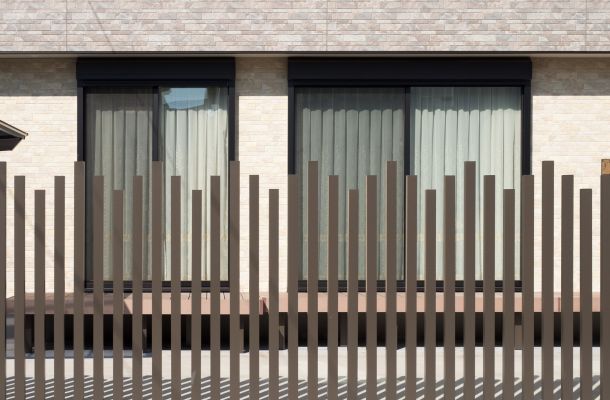
Commercial Fencing
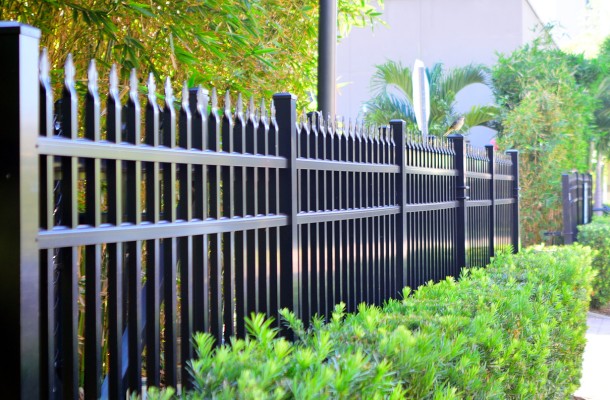
Specialized Fencing
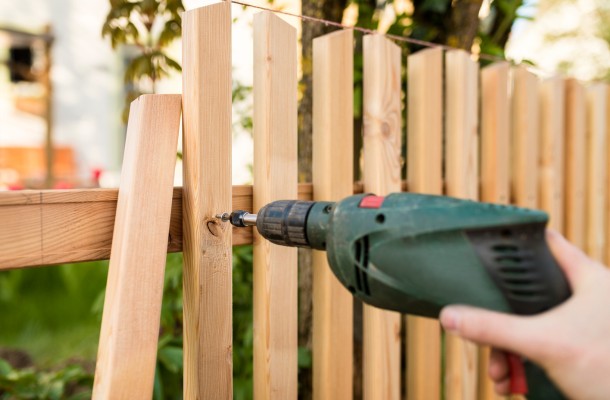
Hours
Monday: 9:00 AM – 5:00 PM
Tuesday: 9:00 AM – 5:00 PM
Wednesday: 9:00 AM – 5:00 PM
Thursday: 9:00 AM – 5:00 PM
Friday: 9:00 AM – 5:00 PM
Saturday: 9:00 AM – 5:00 PM
Sunday: 9:00 AM – 5:00 PM
Why Local San Mateo Residents Trust Us
People Say The Nicest Things
carol Mark
San Mateo, CA
Tim Allen
San Mateo, CA
Devid Handy
San Mateo, CA
Contact Us.
Get Solutions For All Fencing Services
Every day from
9:00 — 5:00
Call to ask any question



